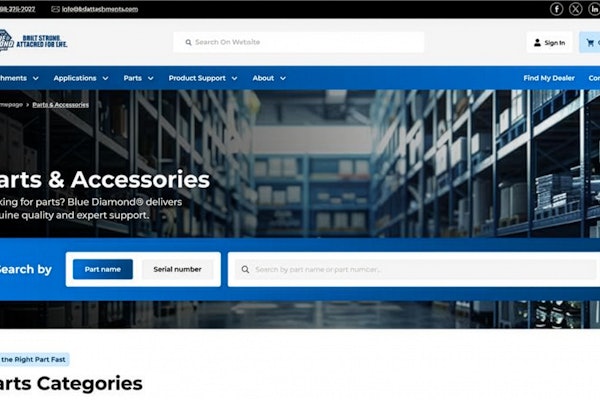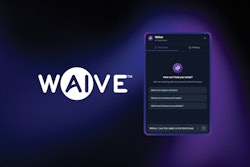 Photo: Pixabay
Photo: PixabayFirst impressions matter, especially when you are trying to attract new customers, so when it comes to your company’s homepage you need to make it count.
There are many elements of a good website including the design, the organization and the SEO, but all of that is meaningless if your content isn’t clear, concise and can convert a sale.
A potential client who is checking out your homepage either at a friend’s suggestion or a Google search is going to be skimming from the beginning, so you need to make sure that the copy that is on the webpage is straightforward and meaningful.
According to Nielson Norman Group, 79 percent of people reading online scan the pages they come across, looking for new information. Only 16 percent said that they read word-for-word.
Due to this fact, you need to pitch yourself honestly and authentically, without falling into the trap of speaking “marketese,” the boastful, promotional writing style that thrives on hyperbole. Visitors to your website want straight facts and they don’t want to waste their time trying to determine what makes you different from all the others.
Types of words to avoid
Superlatives – these are often overused words or phrases that are so clichéd they are either ignored or treated with high skepticism. Most of the time they can come off as bragging or insubstantial. Words like “unique,” “innovative,” “revolutionary” or “best-in-class” are things that can’t be proven on the homepage and they also aren’t focusing on the client’s pain points.
These words give off a superficial feel to your company if you aren’t being specific as to why you describe yourself this way. Telling visitors that you have excellent customer service will do nothing if you don’t explain what makes it so excellent or have actual customer reviews sharing their positive experience.
Modifiers – also known as fluff words, modifiers may work fine when talking to a friend, but they often weaken the strength of your written content while making it longer as well. Words like “really,” “totally” and “very” are examples of words that don’t add much to your sentences. Mark Twain said, “Substitute ‘damn’ every time you’re inclined to write ‘very.’ Your editor will delete it and the writing will be just as it should be.” This is one vivid way you can use to remember to keep modifiers off your website.
Vague pronouns – even if you do market your business as a full-service landscaping company, you know that you have a certain niche you are trying to reach, so why sound like you’re speaking to the entire world by having an overabundance of the word “you”? The pronoun makes it unclear who your audience is, but if you have a sentence like “Irrigation installations for high-end residential properties in Orange County” the visitor knows exactly what you do, who you serve and where you work.
By being up front about who your client base is, you’re saving both yourself and the customer’s time from calling or emailing about a service that you don’t offer or a location out of your range.
Captain Obvious – these are words that on the surface level sound like positives that you should include on your homepage, but when you really think about them, they are traits that every business should have. If you list that your company stands for honesty and creating a quality product, guess what? So does the rest of your competition. Don’t waste your time sharing what is the same amongst the local landscaping companies, but what sets your company apart.
Adjectives aren’t the enemy, but they do need to be specific, descriptive and apply to what you do.










